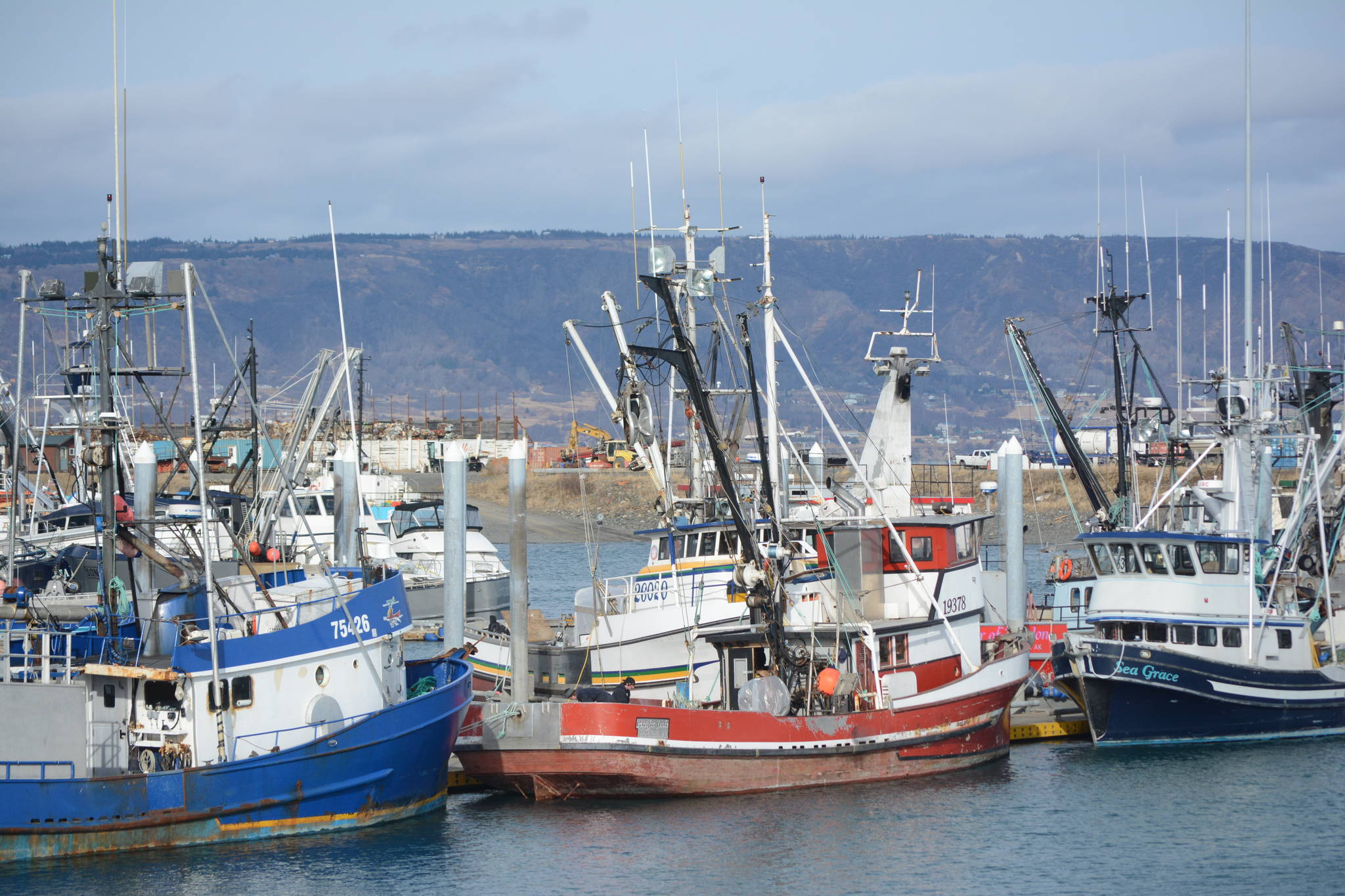As the novel coronavirus continues to dominate headlines worldwide, halibut and sablefish got off to a surprisingly strong start in terms of pounds, but not so much on the price side of things.
According to NOAA Fisheries, halibut deliveries in the first week of the 2020 season which started March 15, came in at 332,478 pounds, compared to 258,227 pounds last season, while sablefish landings topped 800,000 pounds, compared to 168,100 pounds during the same period last year.
At least one halibut boat got paid $5 per pound during the first couple days of the season for a load delivered to Seward, according to a Homer source, but as the week wore on prices ranged from $3.25 per pound for small fish, 10-20 pounds, to $4.40 per pound for fish over 40 pounds in recent days, according to Alaska Boats and Permits.
Halibut prices last year averaged $5.30 per pound for the overall season but started out closer to $6.50 when fresh fish fetches premium prices at white tablecloth restaurants domestically.
Alaska Boats and Permits reports prices for sablefish ranging from 30 cents per pound for fish under 2 pounds to $7 per pound for 7-ups, down at least $1 per pound from last season for larges.
Fish Factor’s Laine Welch reports that some buyers in Southeast are either buying on consignment or not buying at all while the ferry system is shut down.
“We are tentatively going to be buying longline fish on the first of May after the Columbia ferry gets back on line,” one major buyer in Southeast told her, who blamed not having traditional ferries that haul thousands of pounds of fish each week, and a lack of air freight options at smaller communities.
“We’re down here where transportation is dictating where fish has to go,” he added.
While the coronavirus is not helping matters, halibut is facing other headwinds.
Adding to the pricing struggles is Atlantic halibut from eastern Canada, fish coming from Russia and farmed halibut coming on the market.
Norwegian farmed halibut fillets are showing up in stores for $9.99 per pound, the same price as fillets spotted recently in Bellingham, Washington, that came from eastern Canada.
Welch reported that a major Alaska buyer told her, “one of our salespeople shot us a deal showing that right now you can buy frozen-at-sea, tail off, 3-5 and 5-8 pound Pacific halibut from Russia for $3.25 per pound (wholesale).”
Meanwhile, the coronavirus continues to disrupt fishing and fishermen across the state.
Akutan, 35 miles east of Unalaska, is home to the largest seafood processing plant in North America, owned by Trident Seafoods. The village itself is home to about 100 people, but the plant employs around 1,400 people, about a half-mile walk away.
Trident is busy processing pollock from the Bering Sea, where the “A” season runs through April, and they have implemented measures to keep the community safe from the virus, requiring fishermen to stay on their boats, not bringing new workers into the plant, and telling workers if they leave the plant they will not be allowed to return, according to Alaska Public Media.
Akutan has a small clinic and two health care workers but no doctor, and the nearest hospital is in Kodiak, several hundred air miles away.
Alaska Public Media reports that those appear to be the most drastic steps taken by any Alaska processor to date, but could foreshadow the kinds of measures that may need to be taken if the pandemic continues, especially in Bristol Bay and Prince William Sound where thousands of cannery workers and fishermen descend on small communities when salmon season fires up.
Not all is gloom and doom, however, as stocks for Blue Apron, the meal-kit delivery service, have skyrocketed as people are avoiding restaurants.
As of March 19, their stocks were up a whopping 500 percent.
Blue Apron has several recipes that include Alaska-caught pollock and salmon and may be a good way to introduce new consumers to the fish.
Alaska pollock has had a Marine Stewardship Council sustainability label since 2005, and Alaska salmon since 2000.
Cristy Fry can be reached at realist468@gmail.com



